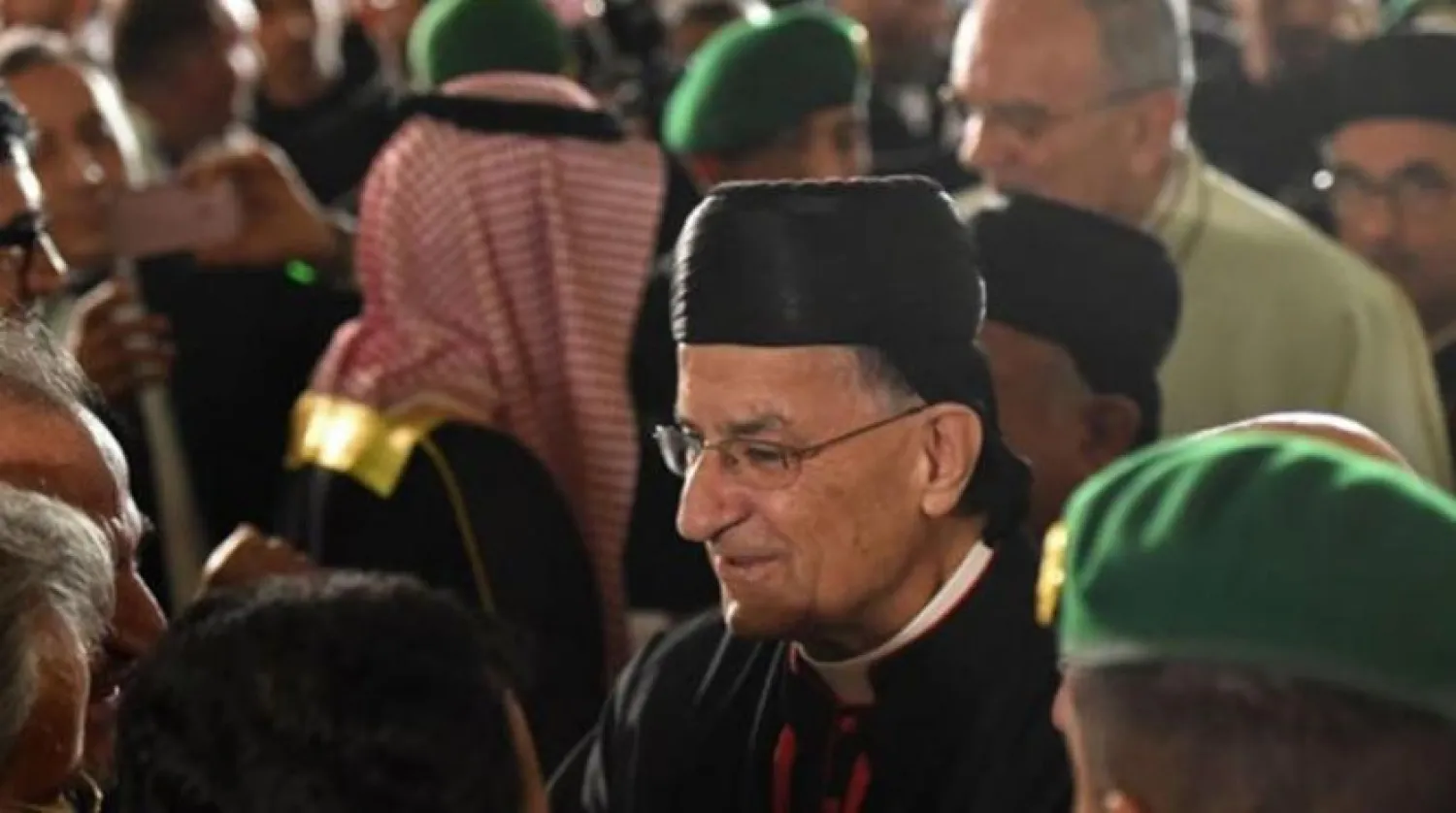Greater Lebanon’s centennial matching dates with the centenary of relations between the country’s Maronite Patriarchate and the Saudi Kingdom show how deeply rooted and warm ties are between the two states.
Relations between the Patriarchate and the Kingdom date back to before Lebanon’s Independence Day, which took place some 78 years ago, and are reflected in letter exchanges throughout the decades.
The letters, which Asharq Al-Awsat accessed, will be unveiled to the public at a ceremony on Thursday organized by the Lebanese Maronite Church and attended by the Saudi Ambassador to Lebanon, Walid al-Bukhari.
At the ceremony, a book launch for a chronicle of the history of the relationship will take place.
What is more is that the 100th anniversary of the Maronite Patriarchate’s relationship with Saudi Arabia, dubbed as a “centennial of brotherhood” by Bukhari, happens to overlap with a critical point in time for both the region and Lebanon.
Iran’s so-called notion of “minority protection,” which was promoted by Tehran’s regional proxies at the peak of the Syrian crisis and during its fallout in neighboring Lebanon, was proved a failure, according to the book’s publisher, fellow journalist Naufal Daou.
More so, the centenary coincides with a critical moment in Lebanon’s national history, where “the struggle over government quotas is being portrayed as a struggle to protect the rights of Christians against Muslims.”
The leading campaigner of this proposition is no other than Lebanese President Michel Aoun, his entourage, and his political movement.
“Attempts for reshaping Lebanon’s identity through pitting Christians and Muslims against each other under the false pretext of power and representation…will be dispelled when it becomes clear to everyone from the content of this book how deep (Islamic-Christian) relations are in nature,” said Daou.
According to the publisher, the letter exchange shared by the book would “shed significant light” on the strength of relations and expose and abort plans for pulling Lebanon away from its Arab roots and push it closer to Iran.









